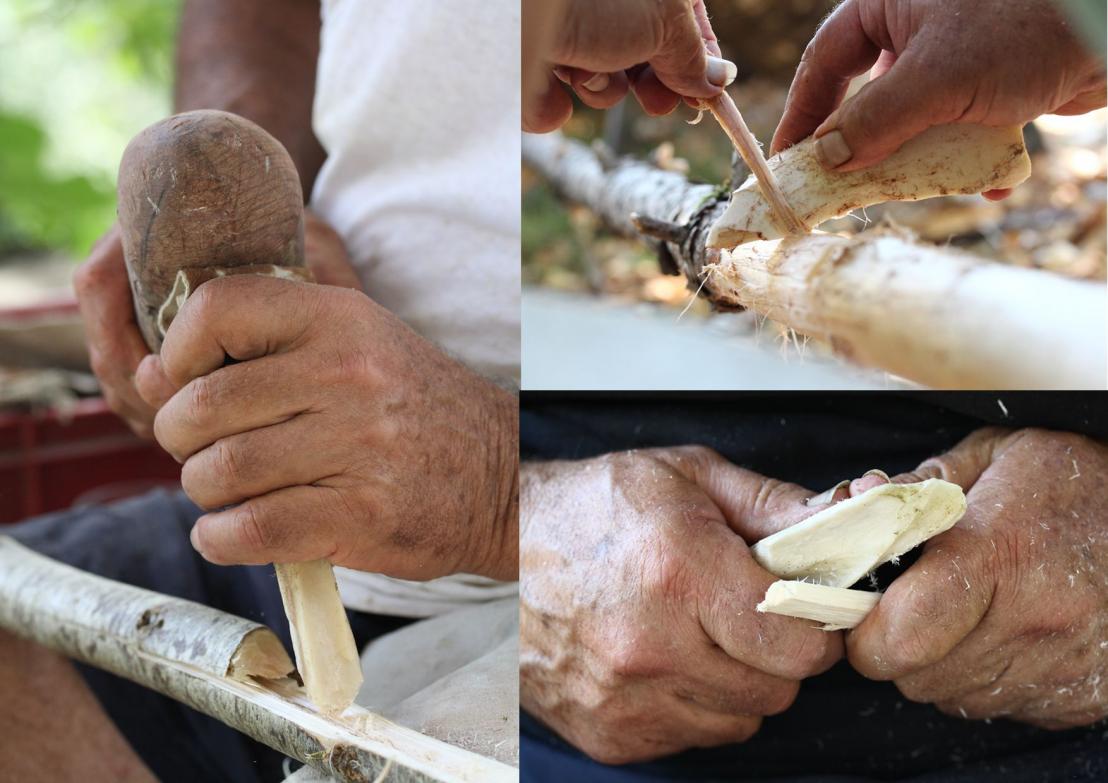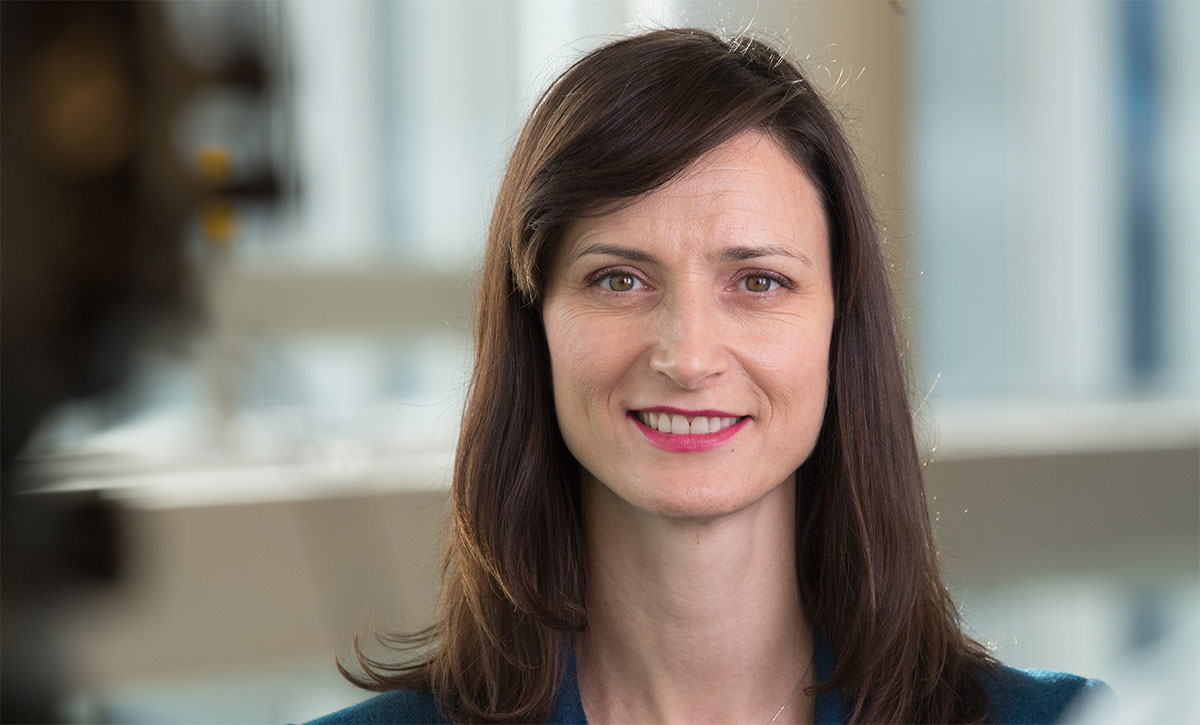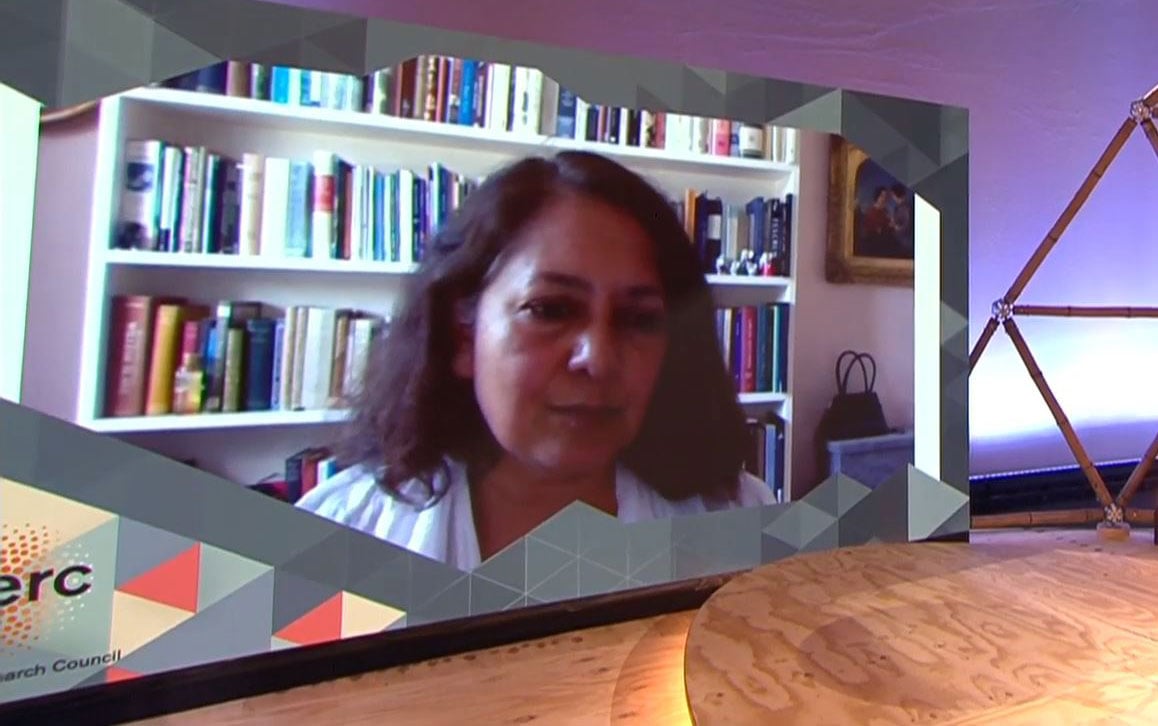Our intelligent ancestor, the Neanderthal
While the jury is still out as to why the Neanderthal, an ancient ancestor of modern humans, became extinct about 40,000 years ago, it has long been assumed that it was because they possessed a low level of intelligence. Pioneering research is challenging this idea, uncovering evidence to suggest that our ancient cousins were in … Read more






